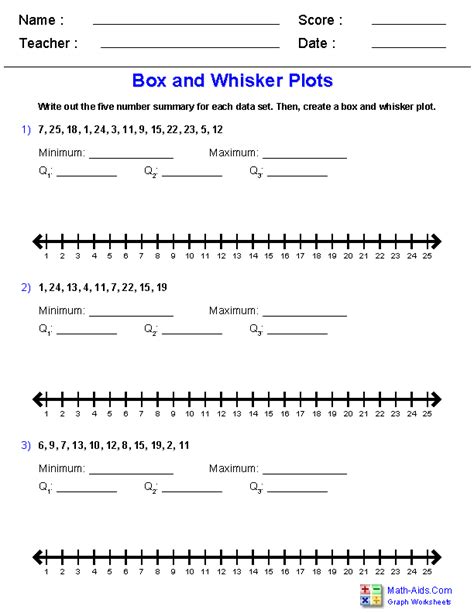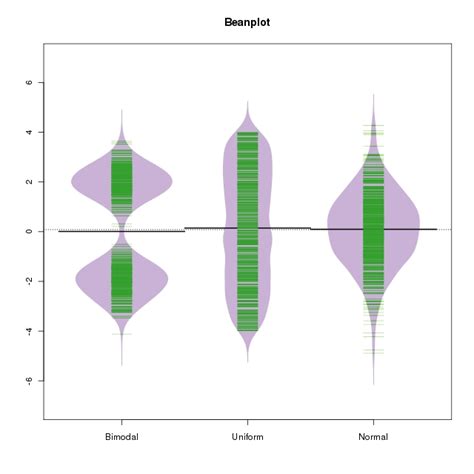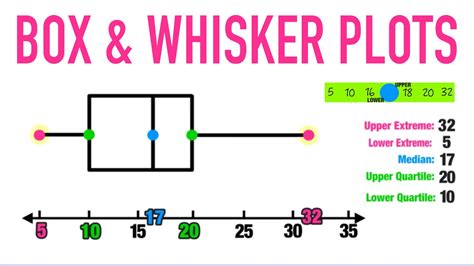box plot for distribution in tableau Use a box and whisker plot to show the distribution of data within a population. . Metal barn stars are an element of Americana that has decorated the outside of barns and homes since the 1700s. Whether a barn or hex star, the shape, colors and materials have symbolic meanings for various rural communities.
0 · box whisker plot worksheet pdf
1 · box plot alternatives
2 · box and whisker plot explained
3 · box and whisker plot diagram
4 · box and whisker plot chart
5 · Tableau show boxplot values
6 · Tableau box plot hide outliers
7 · Tableau box and whisker explained
What thickness do you all think is okay to use for the angle iron? I'm leaning towards 1/8" thick with 1" width angle iron/steel, but might use 3/16" if I need more strength. Thinner would of course be better.as it would be lighter.
box whisker plot worksheet pdf
intermatic junction box nex
box plot alternatives
Use box plots, also known as box-and-whisker plots, to show the distribution of values along an axis. Boxes indicate the middle 50 percent of the data (that is, the middle two quartiles of the data's distribution).Use box plots, also known as box-and-whisker plots, to show the distribution of .Use a box and whisker plot to show the distribution of data within a population. .
Use box plots, also known as box-and-whisker plots, to show the distribution of values along an axis. Boxes indicate the middle 50 percent of the data (that is, the middle two quartiles of the .Use a box and whisker plot to show the distribution of data within a population. They allow for users to determine where the majority of the points land at a glance. They are even more useful when comparing distributions between .Box plots are a powerful visualization tool in Tableau, perfect for comparing distributions and identifying outliers. Mastering box plots enhances your data analysis capabilities, allowing you to uncover hidden patterns and make more .

Discover how to create a Box Plot in Tableau, a chart that compactly represents the distribution of continuous data.In principle, box plots are a standardized and widely-used illustration that statisticians use to show the distribution of data. The box plot uses five metrics: minimum, maximum, median, first quartile, and third quartile.
intro to sheet metal fabrication for high school students
Box plots are great for displaying distribution and in Tableau they're incredibly easy to make. In fact the simplest box plot in Tableau takes only 4 clicks. Click a dimension, hold ctrl & click a measure, click the 'Show Me' tab .This post shows you how to make and read a box-and-whisker plot in Tableau; an effective visualization choice for illustrating distributions.A box plot, also known as a box-and-whisker plot, statistically represents the distribution of a dataset and provides a visual summary of key statistical measures, including the median, quartiles, and potential outliers.The Box-and-Whisker Plot, or Box Plot, is another effective visualization choice for illustrating distributions. Along with histograms and stacked area charts, Box-and-Whisker plots are .

Use box plots, also known as box-and-whisker plots, to show the distribution of values along an axis. Boxes indicate the middle 50 percent of the data (that is, the middle two quartiles of the data's distribution).Use box plots, also known as box-and-whisker plots, to show the distribution of values along an axis. Boxes indicate the middle 50 percent of the data (that is, the middle two quartiles of the data's distribution).Use a box and whisker plot to show the distribution of data within a population. They allow for users to determine where the majority of the points land at a glance. They are even more useful when comparing distributions between members of a category in your data.
Box plots are a powerful visualization tool in Tableau, perfect for comparing distributions and identifying outliers. Mastering box plots enhances your data analysis capabilities, allowing you to uncover hidden patterns and make more informed decisions.
Discover how to create a Box Plot in Tableau, a chart that compactly represents the distribution of continuous data.
In principle, box plots are a standardized and widely-used illustration that statisticians use to show the distribution of data. The box plot uses five metrics: minimum, maximum, median, first quartile, and third quartile.
Box plots are great for displaying distribution and in Tableau they're incredibly easy to make. In fact the simplest box plot in Tableau takes only 4 clicks. Click a dimension, hold ctrl & click a measure, click the 'Show Me' tab and select the box plot function and there you go, you have a box plot!
This post shows you how to make and read a box-and-whisker plot in Tableau; an effective visualization choice for illustrating distributions.A box plot, also known as a box-and-whisker plot, statistically represents the distribution of a dataset and provides a visual summary of key statistical measures, including the median, quartiles, and potential outliers.The Box-and-Whisker Plot, or Box Plot, is another effective visualization choice for illustrating distributions. Along with histograms and stacked area charts, Box-and-Whisker plots are among my favorite chart types used for this purpose. They work particularly well when you want to compare the distributions across two different dimension .Use box plots, also known as box-and-whisker plots, to show the distribution of values along an axis. Boxes indicate the middle 50 percent of the data (that is, the middle two quartiles of the data's distribution).
Use box plots, also known as box-and-whisker plots, to show the distribution of values along an axis. Boxes indicate the middle 50 percent of the data (that is, the middle two quartiles of the data's distribution).
Use a box and whisker plot to show the distribution of data within a population. They allow for users to determine where the majority of the points land at a glance. They are even more useful when comparing distributions between members of a category in your data.Box plots are a powerful visualization tool in Tableau, perfect for comparing distributions and identifying outliers. Mastering box plots enhances your data analysis capabilities, allowing you to uncover hidden patterns and make more informed decisions.Discover how to create a Box Plot in Tableau, a chart that compactly represents the distribution of continuous data.
In principle, box plots are a standardized and widely-used illustration that statisticians use to show the distribution of data. The box plot uses five metrics: minimum, maximum, median, first quartile, and third quartile. Box plots are great for displaying distribution and in Tableau they're incredibly easy to make. In fact the simplest box plot in Tableau takes only 4 clicks. Click a dimension, hold ctrl & click a measure, click the 'Show Me' tab and select the box plot function and there you go, you have a box plot!
This post shows you how to make and read a box-and-whisker plot in Tableau; an effective visualization choice for illustrating distributions.
A box plot, also known as a box-and-whisker plot, statistically represents the distribution of a dataset and provides a visual summary of key statistical measures, including the median, quartiles, and potential outliers.

The welded steel construction, smooth ball bearing drawer slides, heavy-duty 5″ casters, and industrial powder coated finish, should ensure that this box is able to handle life in a trailer repair shop.
box plot for distribution in tableau|Tableau box and whisker explained